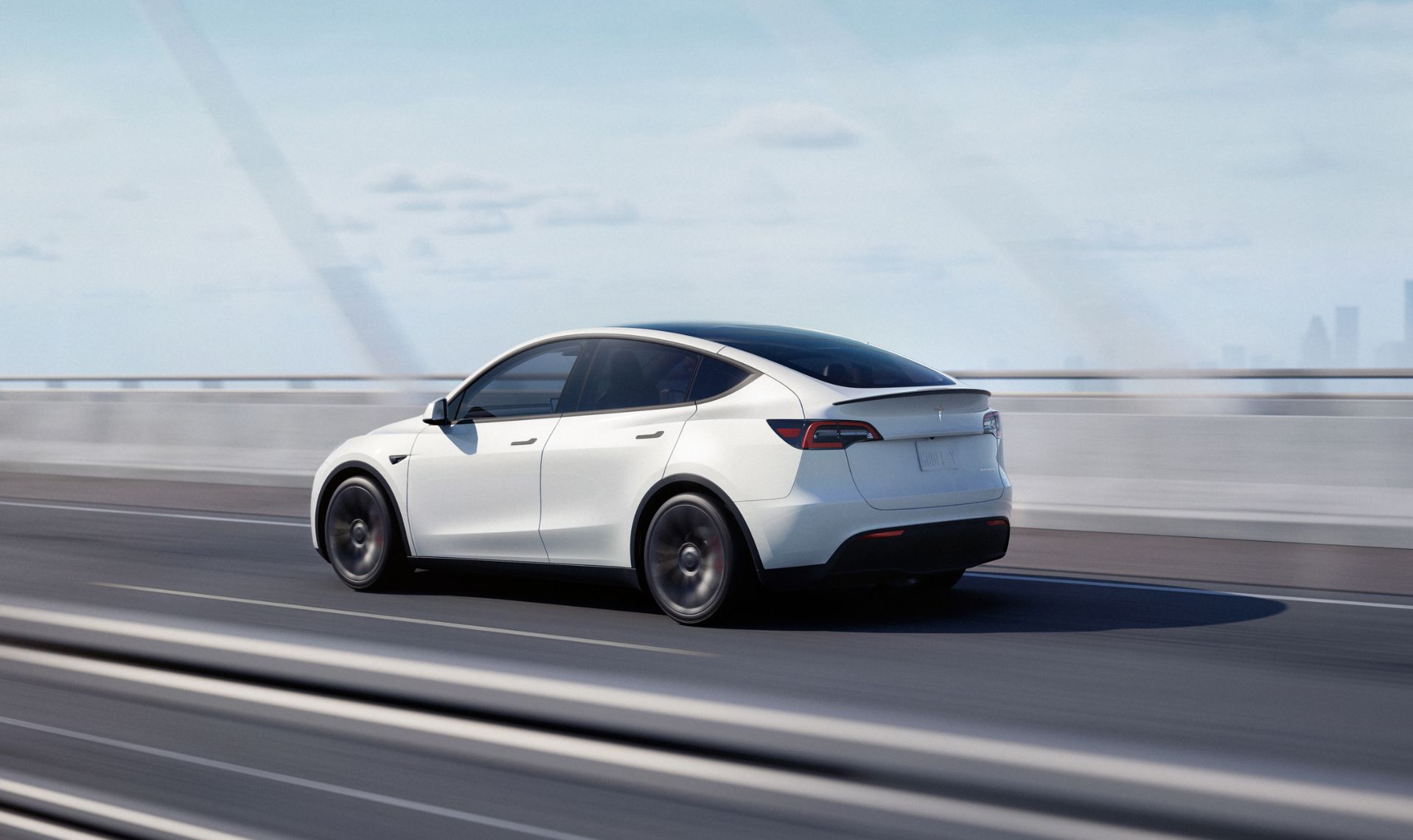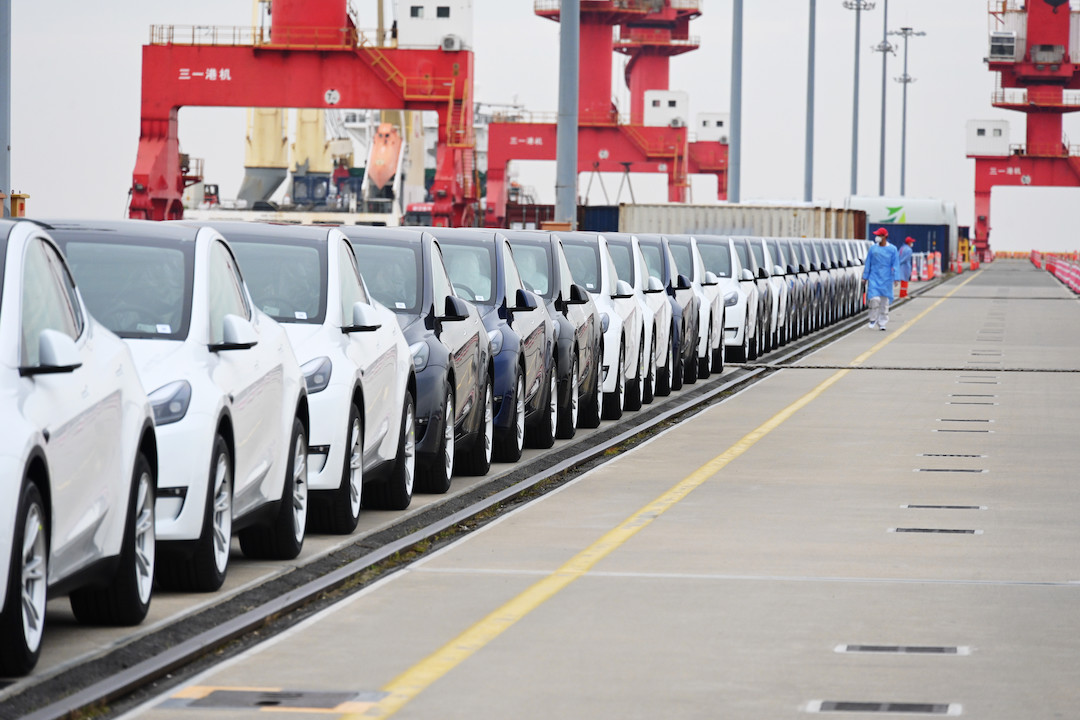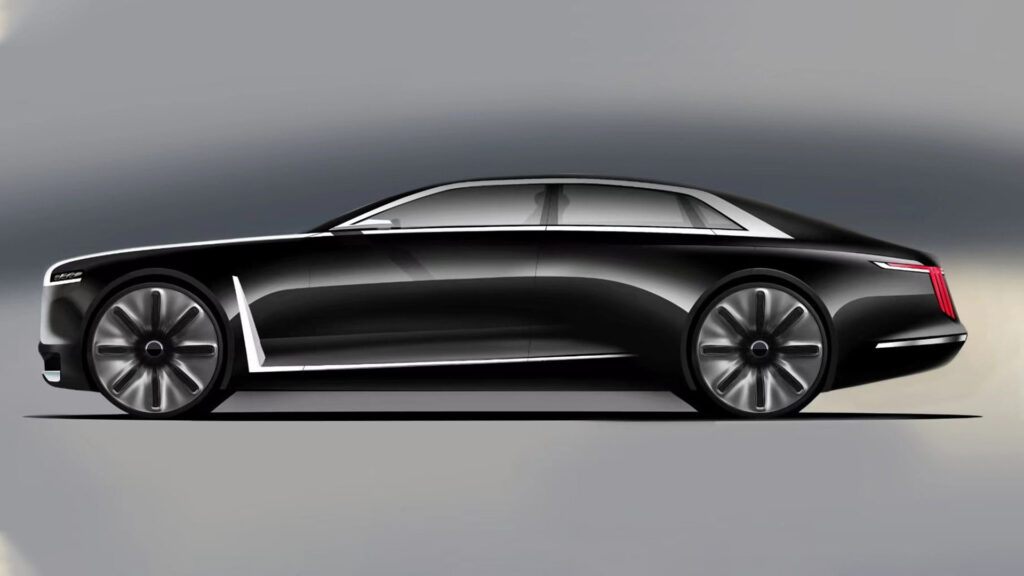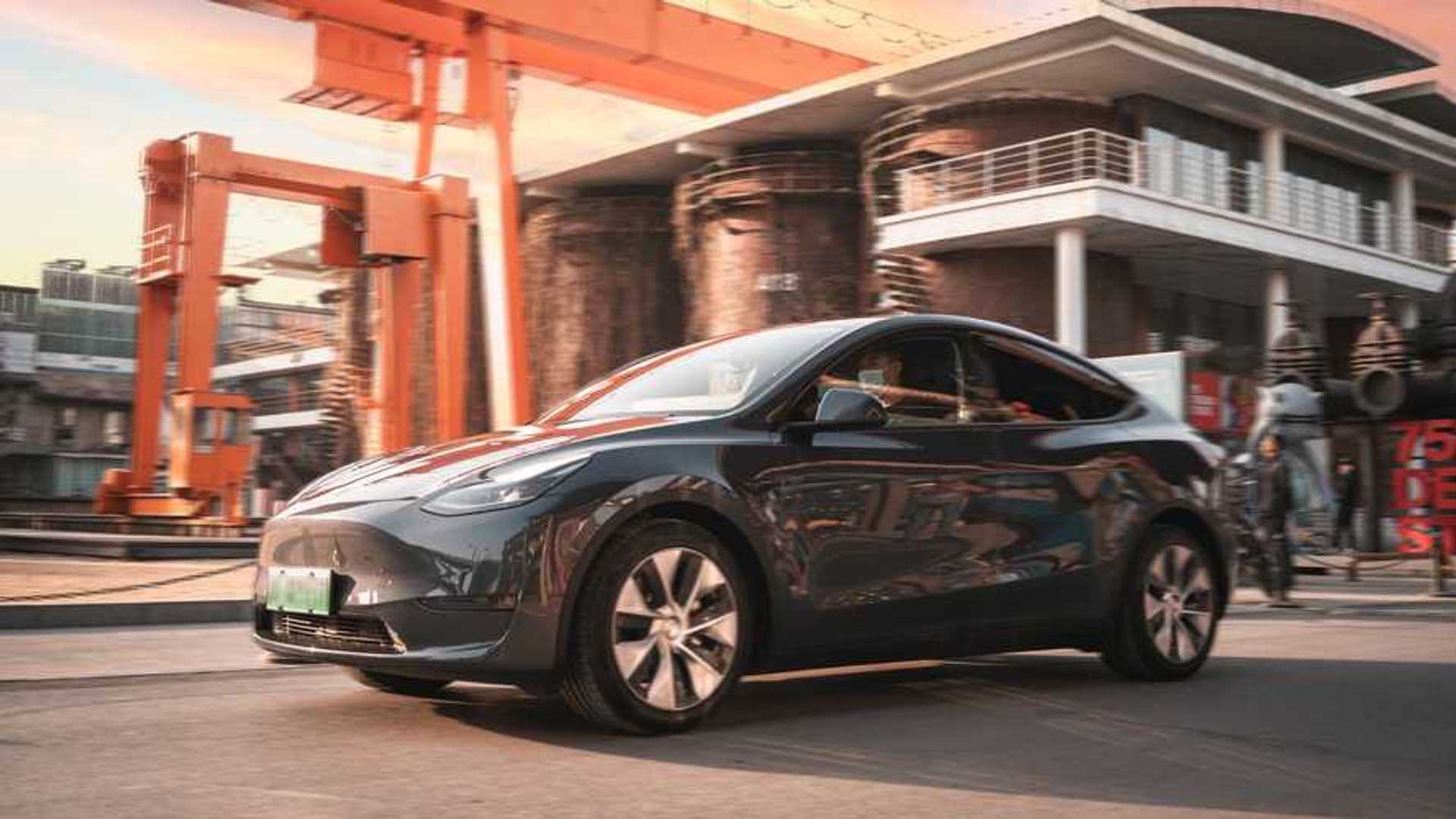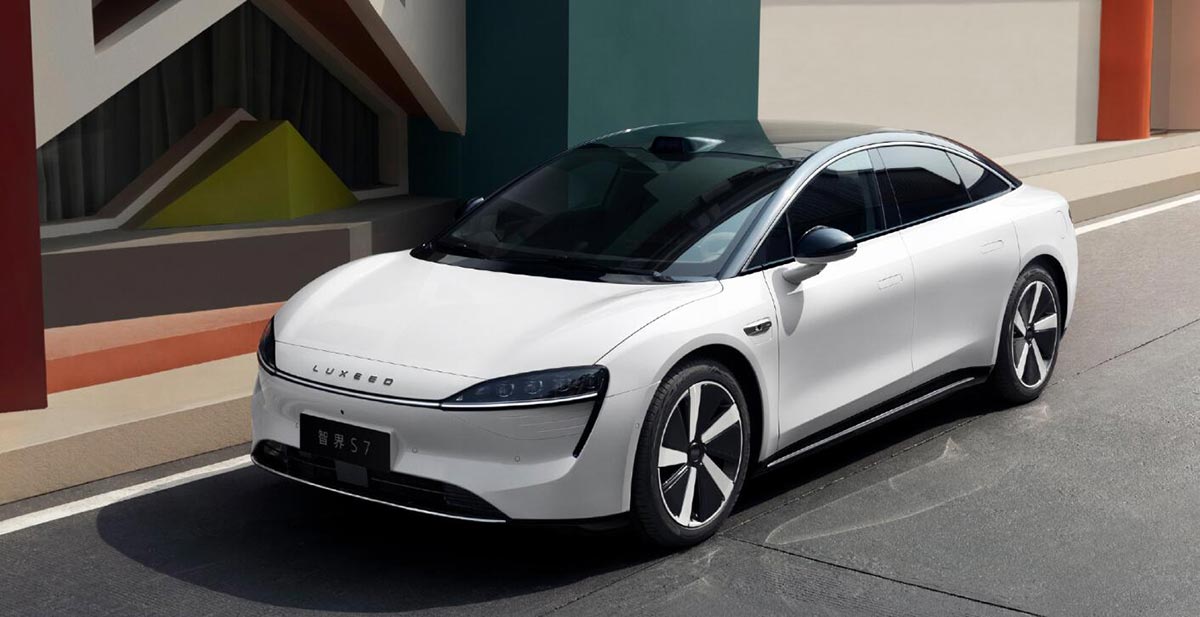Chinese automaker Geely Holding Group announced on Saturday the successful launch of 11 low-earth orbit satellites, marking its second dispatch as part of an initiative to enhance navigation accuracy for autonomous vehicles. The satellites were launched from the Xichang Satellite Launch Center in the southwestern province of Sichuan, according to a statement provided to Reuters by Geely.
Geely revealed plans to increase its satellite presence, aiming to have 72 satellites in orbit by 2025 and a long-term goal of establishing a constellation of 240 satellites. The first launch took place in June 2022.
See also: Volvo Cars Ceases Funding for Polestar, Transfers Control to Geely Holding amid Struggles
In addition to delivering high-precision positioning support for self-driving cars, Geely emphasized that its satellite network would also serve various commercial functions, including connectivity to the consumer electronics sector. The newly launched satellites incorporate AI remote sensing capabilities, offering clear high-resolution imaging with a range of 1-5 meters (3.2-16.4 ft), the company stated.
While China’s satellite networks have traditionally been military-dominated, the government’s decision in 2014 to permit private investment in the country’s space industry has led to a surge in commercial involvement. Various companies, some with local government backing, have entered the sector, with a predominant focus on satellite manufacturing and a few venturing into the development of small launch vehicles, including reusable rockets.
See also: Geely’s Zeekr 007 Electric Sedan Commences Production in China
Aligned with Beijing’s five-year plan for 2021-2025, which emphasizes the creation of an integrated satellite network for communications, remote sensing, and navigation, Geely’s satellite initiative contributes to this broader national strategy. China currently boasts over 400 deployed satellites in space, encompassing both government-owned and commercially operated satellites, as reported by state media.


